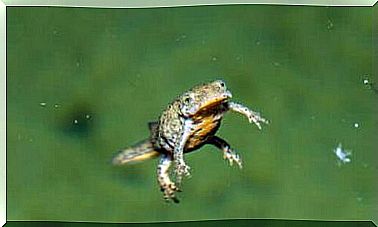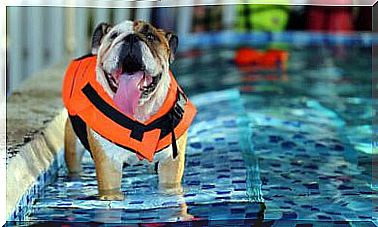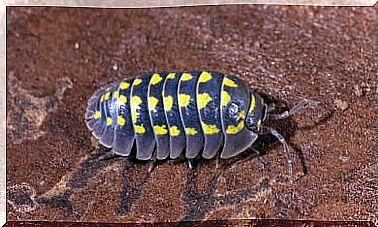What To Do In Case Of Intoxication
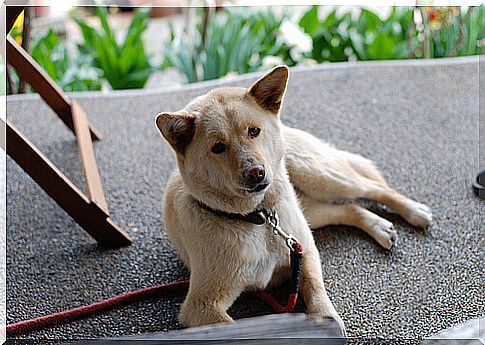
Even though you use your senses to determine if you can eat something or not, a pet often gets intoxicated from substances that it does not consider dangerous. As owners, we must act as quickly as possible when we detect the first symptoms of poisoning or intoxication in our dog or cat. Learn more in this text.
How to know if an animal is intoxicated
Often the dog or cat will play in the garden and bite, lick or swallow some plants without knowing, of course, that this is something that puts their lives at risk. Therefore, it is essential that the owners teach them not to use the flowers or herbs as a toy since their puppies.
Even so, it is essential to be aware when we go for a walk with our pet. This is because on the street they can find food that is spoiled or even poisoned, which can cause various types of reactions.

There are three forms of intoxication: when the substance comes into contact with the skin (dermal), when it is inhaled (breath), and when it is ingested (orally).
Symptoms will obviously depend on the substance ingested and its quantity. The most common are vomiting, diarrhea, excessive salivation and breathing problems. Even the animal may feel weak, not wanting to eat or play.
In addition to paying attention to signs that the animal gives, another way to know if there is poisoning is to know the species of plants that exist in your garden or patio. Dangerous ones for dogs and cats are: oleander, croton, ivy, peace lily, fern, blue hyacinth, ficus, mistletoe, lily and holly.
You can also analyze if there are any changes in the house, such as cleaning products or chemicals have moved or are lying on the floor, as this could mean that the animal ingested them.
First Aid to an Intoxicated Animal
If the main advice in all these cases is to take the animal as soon as possible to the veterinarian, so that he can examine him and determine the cause of the discomfort, we can also do first aid at home. The techniques or remedies we will use will depend a lot on the type of intoxication. Therefore, the key is to know the cause, as this can save the animal’s life.
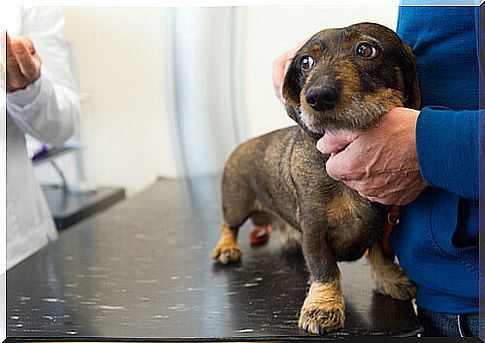
For example, if the reaction is produced on the skin by the touch of a plant, it is very simple: bathe your dog or cat with warm water and neutral soap or a special soap for pets. If the intoxication was caused by inhaling a substance, the best thing to do is to take him outdoors, or, if this is not possible, open the house windows wide.
Lastly, if your pet was intoxicated by consuming some dangerous substance, it will need to expel it through vomiting, which can be induced in different ways. We recommend that you take him to the vet before that to avoid an even worse reaction.
To make your dog or cat vomit, you can give them a spoonful of salt water, which will need to be introduced with a syringe (no needle) into the throat. Only perform this procedure twice and wait for it to take effect.
Some people also give their pet a medicine that allows them to clean their bowels and evacuate the toxic substance through their stool. You can opt for activated charcoal, milk with oil or toasted bread.
Until it arrives at the vet or is taken to the hospital, the animal should remain as calm as possible. To do this, let him lie down on your bed and put a container of fresh water beside him in case he wants to drink.
Finally, it is worth noting that prevention is essential to avoid intoxication. We recommend that you keep cleaning products, cosmetics and medications out of your pet’s reach. Keep an eye on him when you walk around and pay attention to your house plans.
Main image source: Atsushi HASEGAWA


